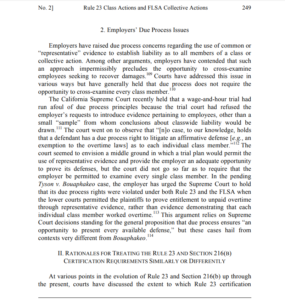Welcome to
Harry's Nurses Registry
Harry’s Nurses Registry, Inc. was founded in 1991. We treat our clients and their families as part of our extended family.
More
Our
Mission
Our mission is to provide the best health care solutions to our patients, while creating an environment of dedicated nurses.
MoreGet Started
Reach Out To Us
Our staff is ready to receive referrals and to promptly respond to all calls. Service is available 24 hours a day, seven days a week.
More
Rest Assured...
You're
Covered.
We have extensive coverage in all the major boroughs. Let us take care of the scheduling for you.
More







